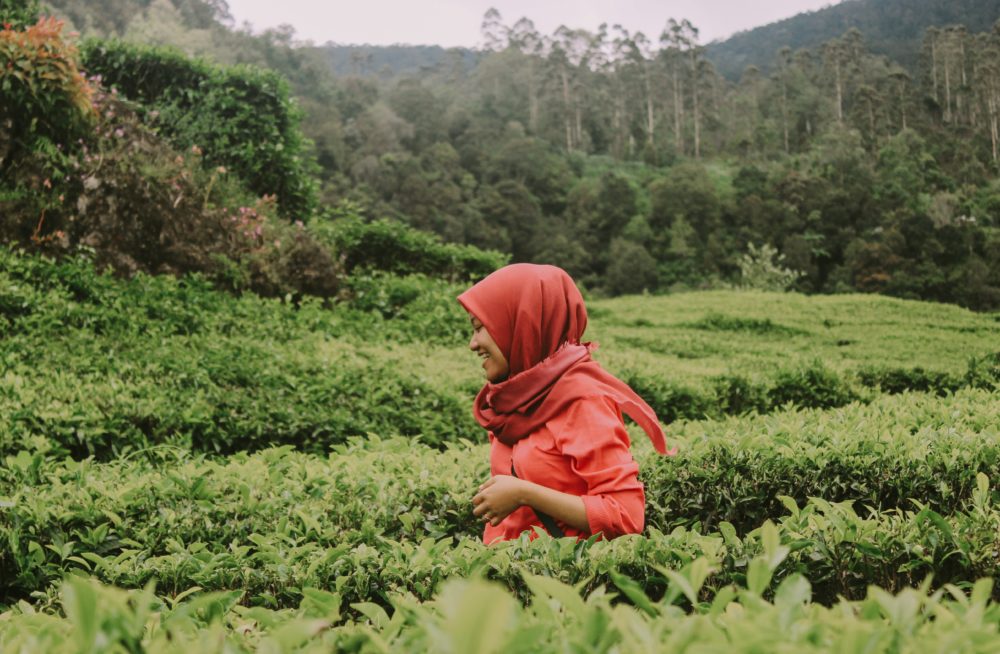The first point of Right Action is the command to preserve life. Actually, that’s my wording, and I’ll explain why I think it helps clarify what this means. Technically, the first precept of Right Action says to abstain from taking life. By life, the teachers mean any sentient creature. So it includes animals and insects. I cannot possibly in one blog post cover all the nuances and opinions of how Buddhists have practiced this through the years. Some are vegetarian, some aren’t. Some choose to walk every insect outside while others use an exterminator service as necessary. All of the “takes” I’ve seen on any issue pertaining to this precept have been generous and compassionate and kind. It’s not meant to be some kind of universal, hard-and-fast rule. Like everything else, it takes a great deal of wisdom to apply this precept well.
Consider the extreme opposite: you do not want to be the kind of person who delights in harming any living thing. This includes, obviously, not murdering people, but it also means you don’t set inhumane traps for mice or throw stones at old cats. You don’t hit a blind animal. Torture of any kind is out (even if it doesn’t result in death). Many forms of violence fall into a category labeled “Unnecessary” not to mention “Harmful.” This is the big line we don’t cross. To the best of our ability, we act in such a way that we preserve life.
When we get to the details, things get more dicey. Many teachers clarify that for us to break this rule, we must do so with clear intention. It doesn’t count when we accidentally hit a squirrel with our car. When we walk through a field and step on a dozen insects unknowingly under our feet, it’s not on us. Because we didn’t set out to harm or kill, we are not responsible. At other times, we willingly choose to “kill” but for good reason. We take medicine to kill bacteria that makes us sick. Sometimes we may use weed killer or pest control products on our gardens and crops. A helpful clarifying question is whether our actions have ill intent.
Which is why seeing Right Action as the intention to preserve life may be a better way to look at this. If you really need red meat in your diet, you are eating it to preserve your life. You can choose to buy free range, ethically sourced meats. You can be thoughtful about how you eat your meat and do so with the intent to create the least amount of suffering. That’s a fine way to uphold this precept with wisdom according to your situation.
One of my best friends from high school served in the military. We talked a lot about the ethics of life and death. He was often deeply concerned about how to approach it. War is such a complicated subject. I’ll never forget a conversation we had when he was about to go to Afghanistan. I asked if he had a plan, or a code, that would guide him. He said, “I don’t want anyone to die. I am going to protect life. I’ll only use my weapon if I absolutely have to, and I won’t take any enjoyment from it.” Thankfully, he didn’t have to. This isn’t a perfect solution, but it worked for him. He fulfilled his duty and upheld his integrity. A lot of this was luck, but some was simply intention. We control what we can.
I know so many of you are likely thinking about abortion. The Buddhist teachers approach this case by case, with compassion, gentleness, and wisdom. I appreciate that one teacher said she considers herself anti-abortion and pro-choice. Nobody thinks it is the best plan. But sometimes, it is the plan that will create the least amount of suffering for all involved. One teacher said any decision to bring a child into the world without proper support, love, and opportunity is deeply harmful and actually lacks virtue. These are not cut and dried situations. Entering into these difficult decisions with thoughtfulness is key.
While the Dalai Lama refrains from teaching many rules about this, the only thing he has adamantly requested of Tibetan teachers in the West is that they fight against the death penalty. Because he does not see any relief of suffering in capital punishment, there is no justification for it. We only remove the opportunity for someone to change, to grow, and to offer their own good gifts to the world. This is an intent to kill that is ill-advised and unvirtuous.
This week, consider taking the time to notice and respect life. Maybe that means you take a spider outside instead of crushing it. Perhaps you offer a little extra love to the people and critters in your care. You may have the opportunity to offer someone compassion for choices they made as they tried to figure out how to preserve life in their own unique circumstances. Maybe you can offer that to yourself, too. The positive counterpart to this precept of abstinence is to develop kindness and compassion.
In other words: less hate, more love.
This post belongs to my series on practicing the Eightfold Path. Find all my posts on Right Action here.




